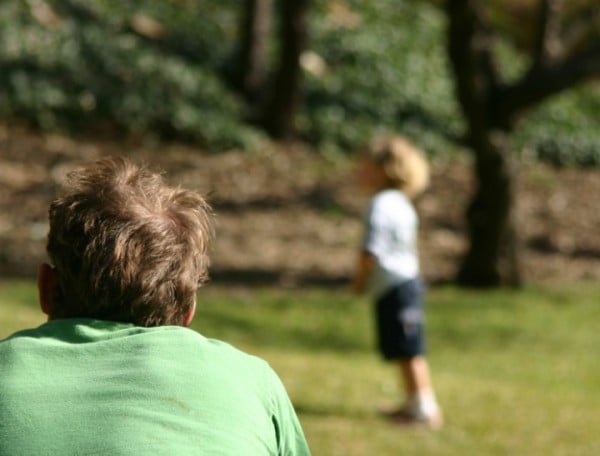
A father drops his daughter to her death from Melbourne’s Westgate Bridge. Another drives his three sons into a lake and – rather than do everything he can to rescue his drowning children – he flags down a passing car and begs to be taken to his estranged wife so he can tell her their children are dead.

It’s not quite domestic violence, is it? It’s not a physical attack on the body of the wife but rather an attack on her mind, on her very core, fuelled by inchoate rage that comes from the same place that results in physical assault. That wordless place that nevertheless manages to speak the words: you are mine, and how dare you.
How dare you leave me. How dare you talk back. How dare you try to exit the orbit of my control. Everyone knows that in regard to domestic violence, women are most at risk when they have left their partners, or try to, when they exert their will and attempt to slip the noose.






























































































